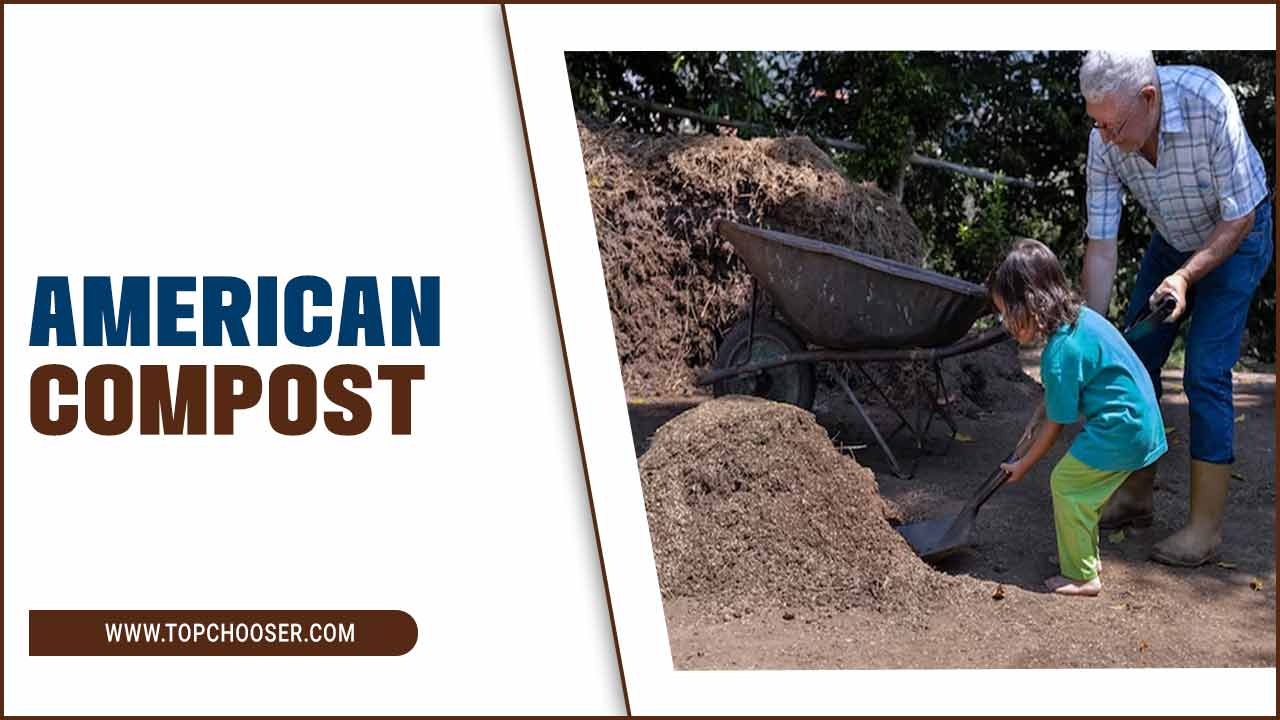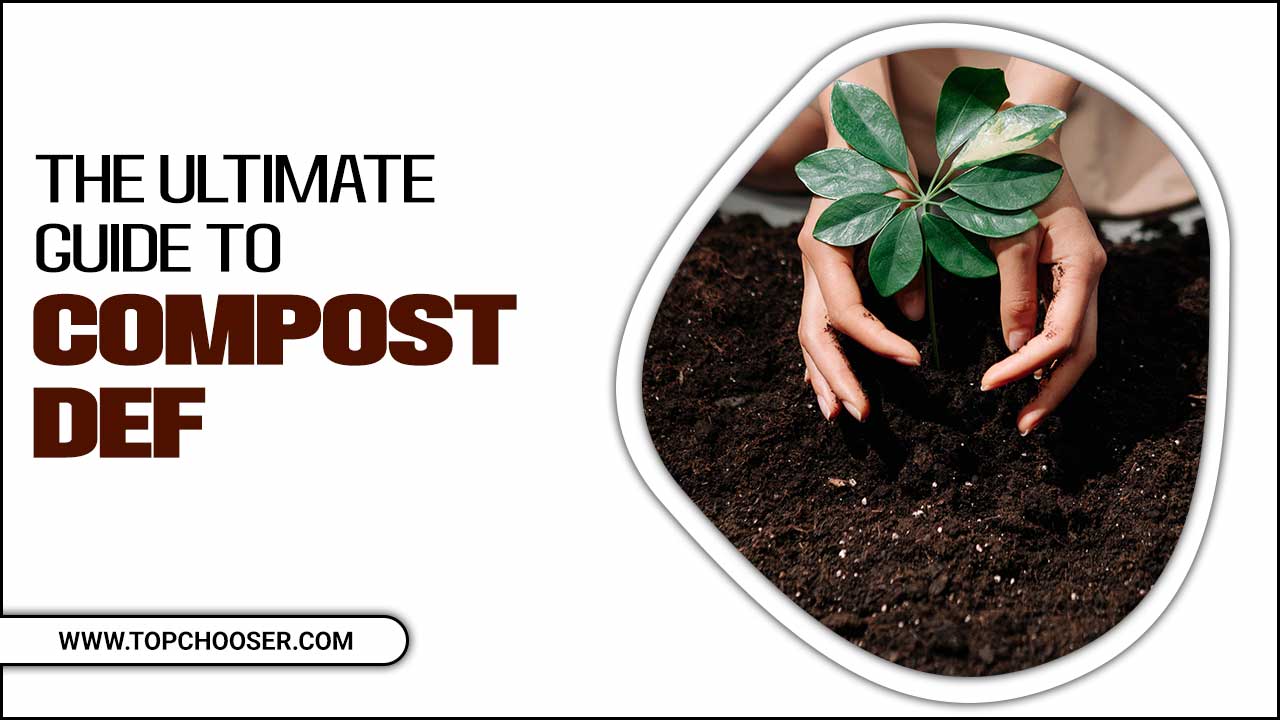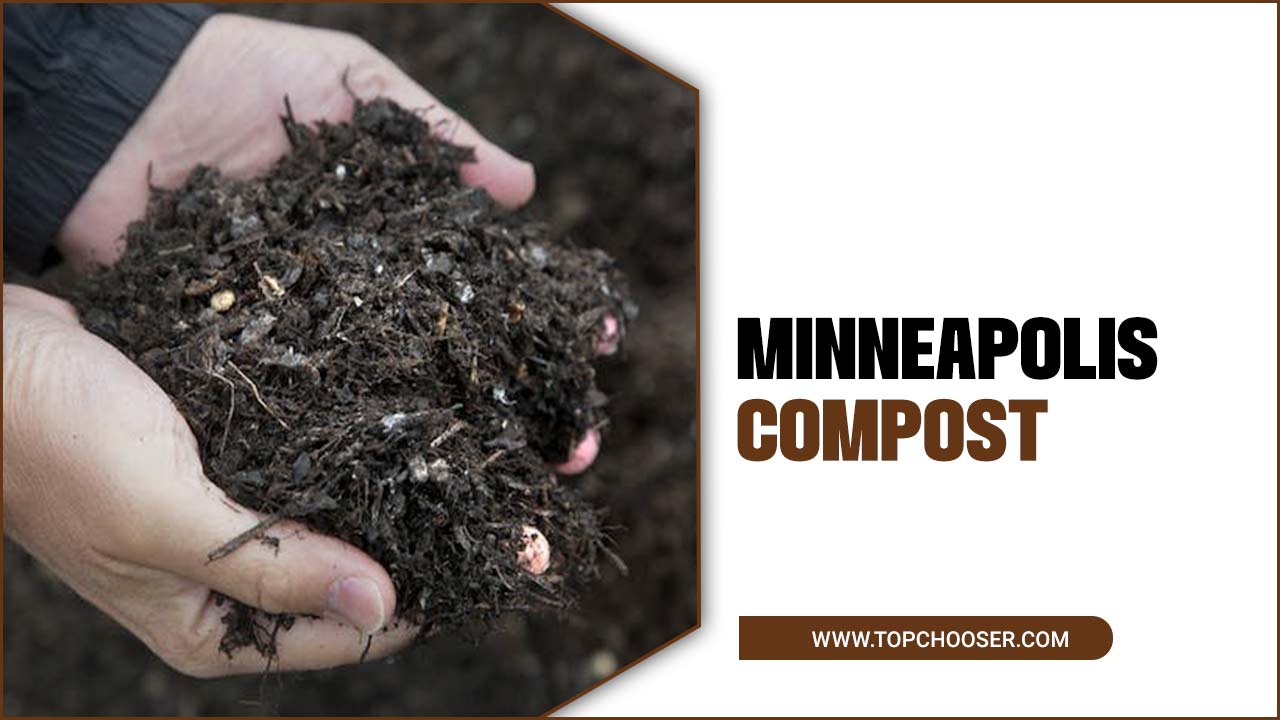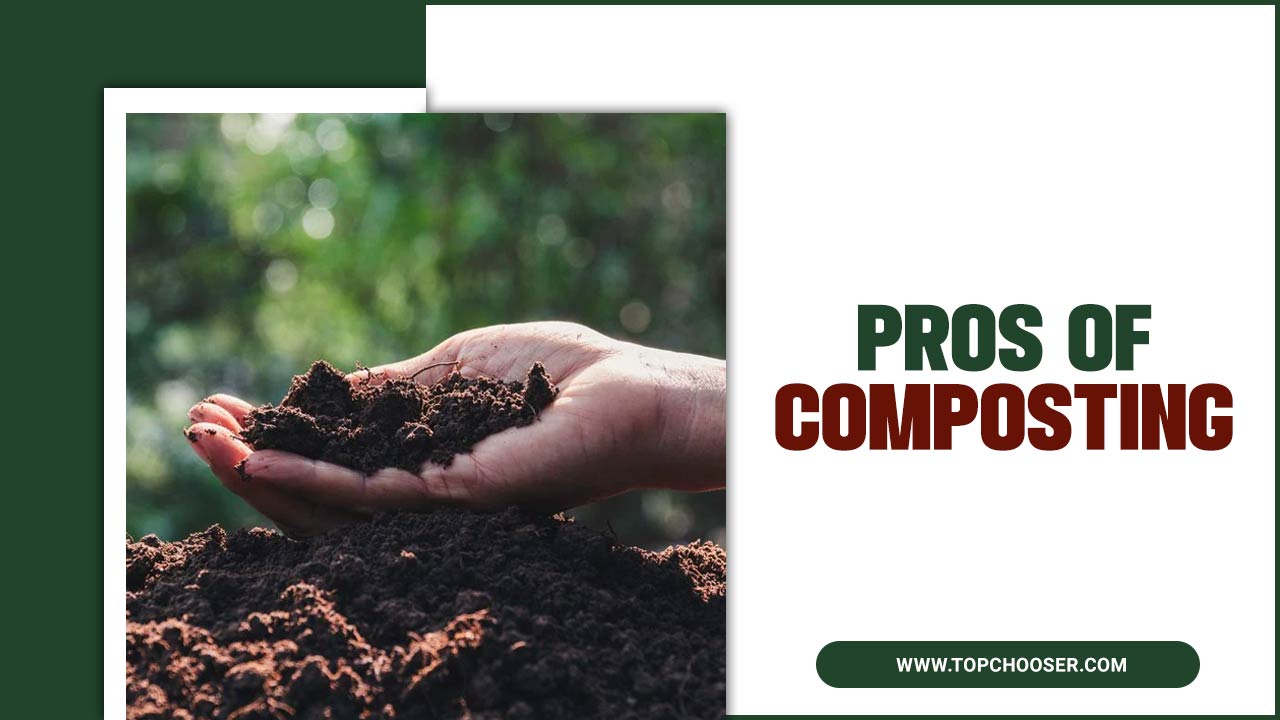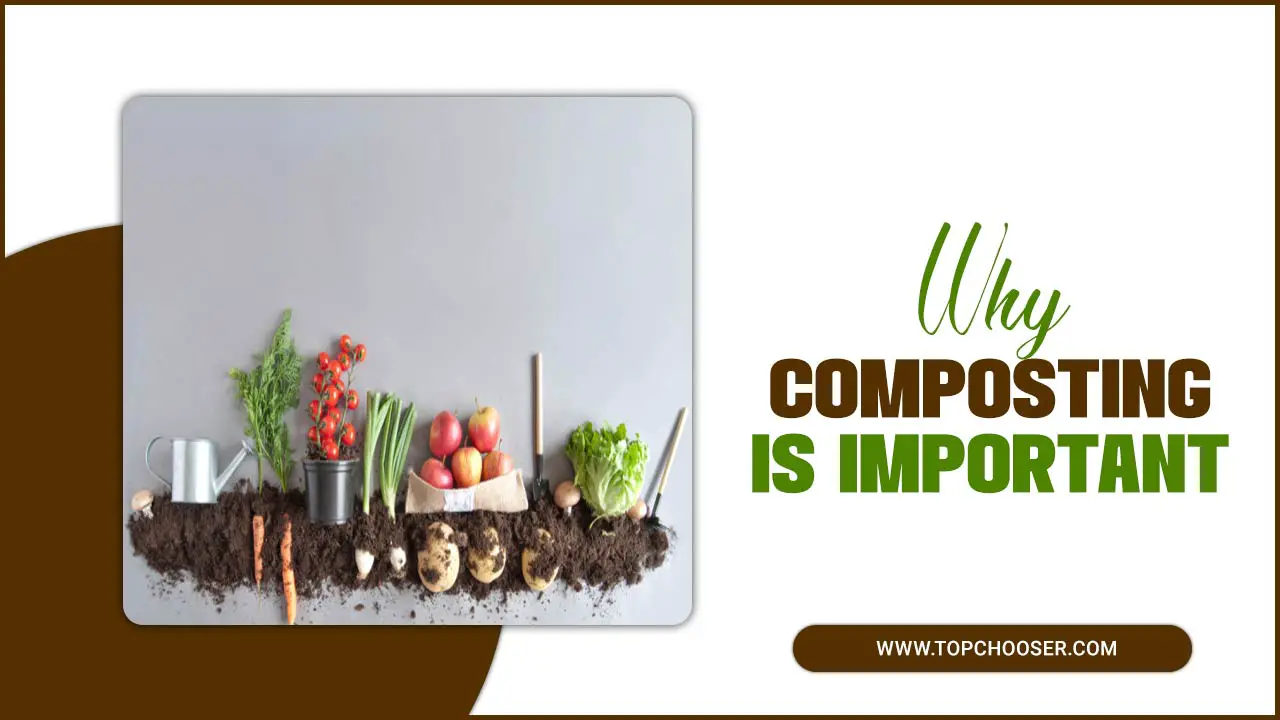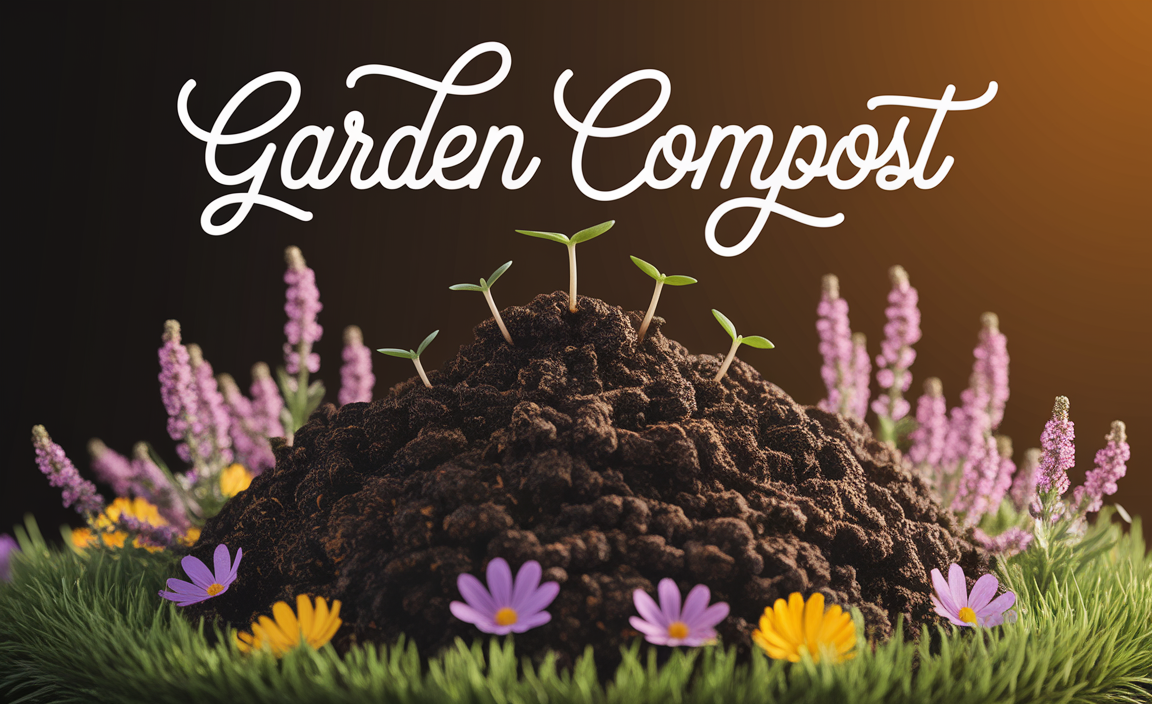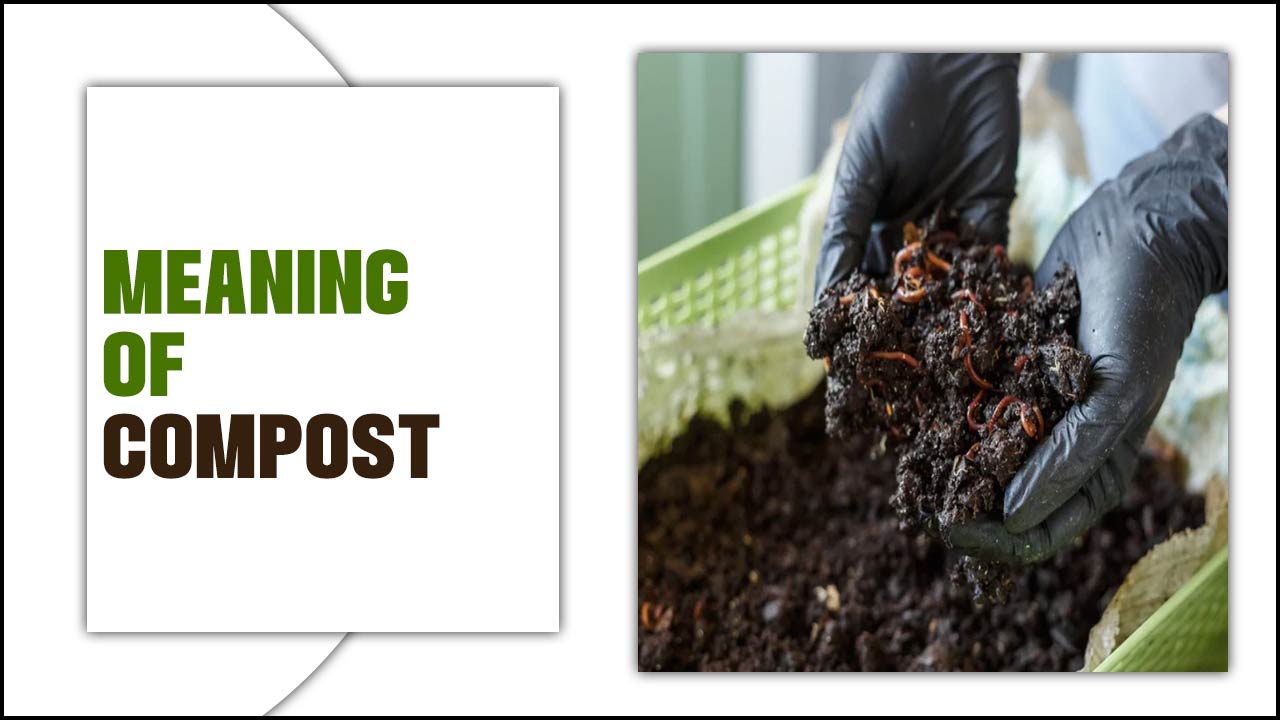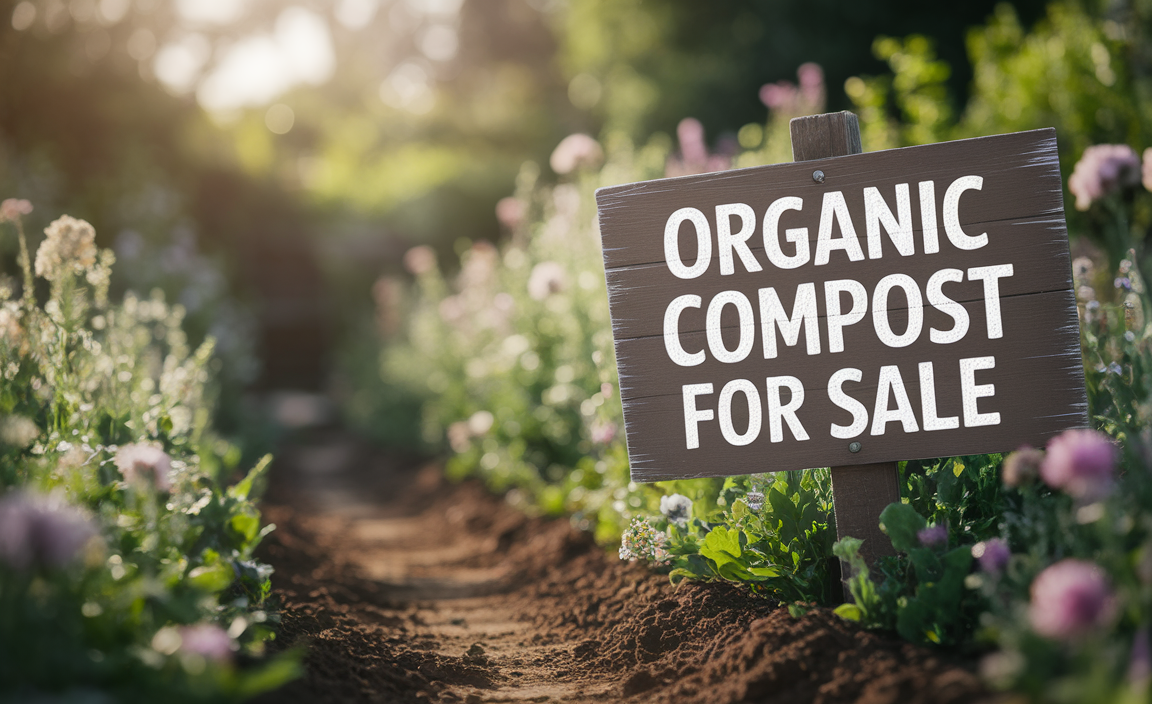Utilizing a compost bin, individuals can reduce the amount of waste that goes into landfills. While also creating a nutrient-rich soil additive that can be used to nourish plants and gardens.
Composting can save money on fertilizers and other gardening supplies while reducing the need for chemical fertilizers that can harm the environment. In addition, composting can help reduce greenhouse gas emissions by capturing carbon dioxide and preventing it from entering the atmosphere.
Composting is also a simple and easy way to contribute to a more sustainable lifestyle and can be done by individuals. Families and communities alike. The benefits of a compost bin are clear and can positively impact the environment. As well as on the health and well-being of those who use it.
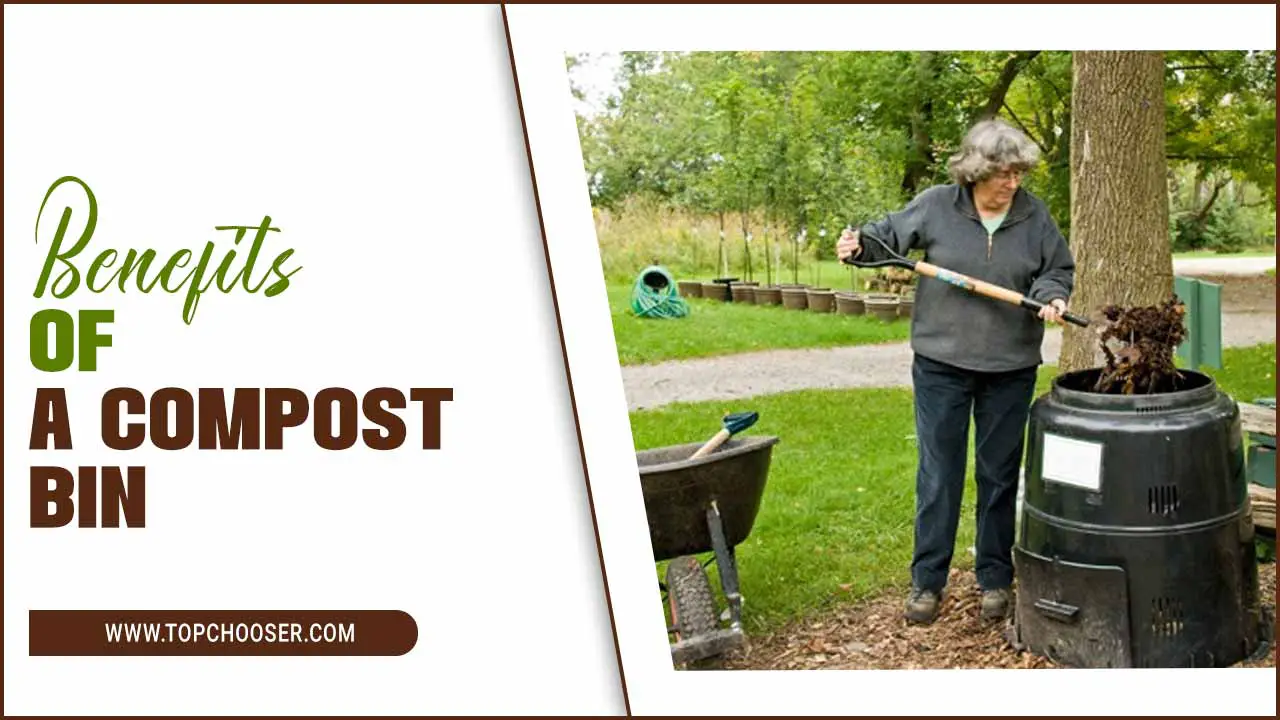
7 Surprising Benefits Of A Compost Bin
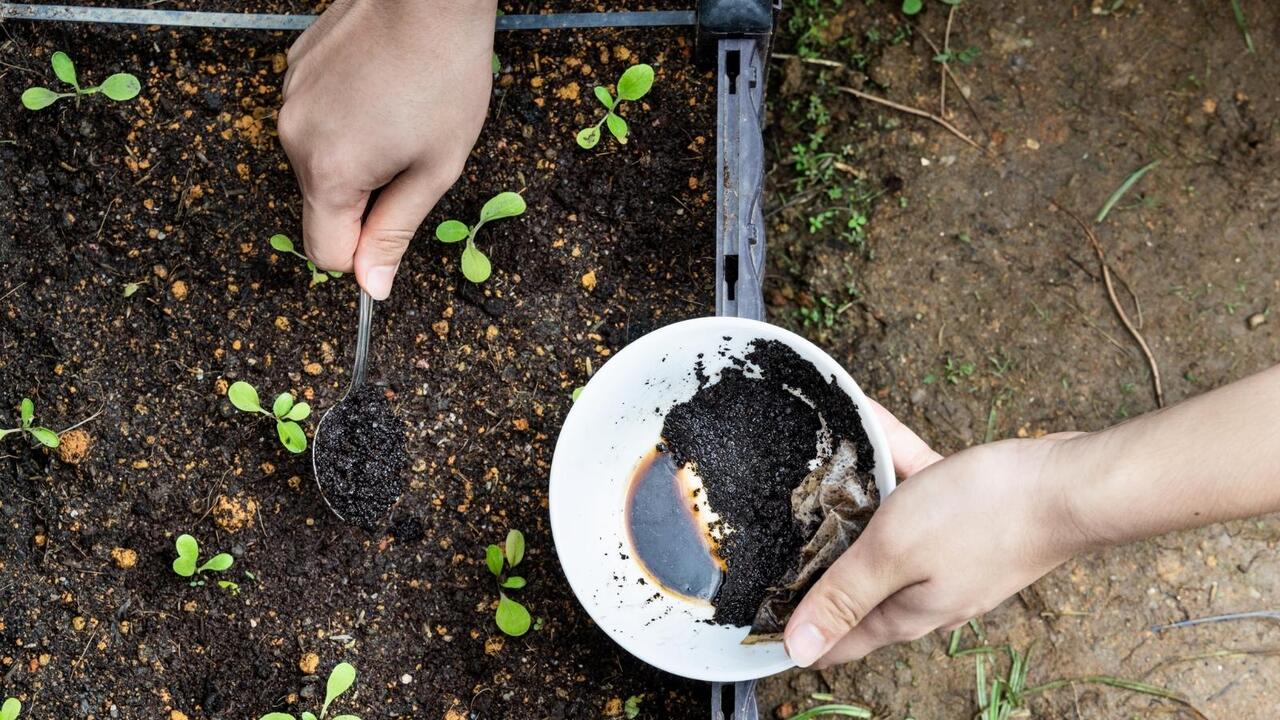
Using a compost bin has numerous benefits. It’s a simple and effective way to reduce your overall environmental impact. Composting is the natural process of transforming organic waste.
Such as kitchen scraps, lawn clippings, and paper products, into a rich and fertile soil amendment. Composting has many advantages for the environment, the garden, and the budget. Here are seven surprising benefits of a compost bin at your home.
1. A Compost Bin Can Improve Soil Quality
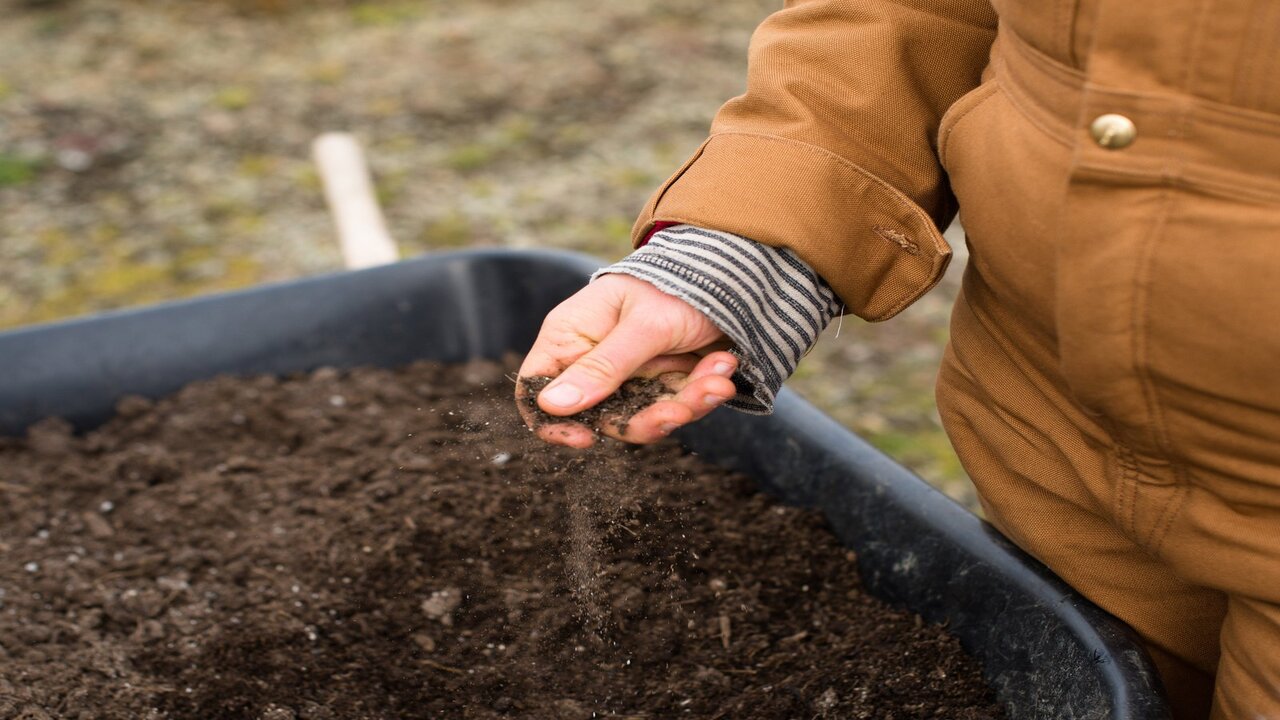
One of the main benefits of composting is that it can improve the quality and health of your soil. Compost adds organic matter, nutrients, and beneficial microorganisms to the soil, which improves its texture, structure, water retention, and fertility.
Compost also helps prevent soil erosion, compaction, and nutrient leaching, which can degrade the soil over time. Adding compost to your soil can create a thriving and productive growing medium for your plants.
2. Reducing Landfill Waste With A Compost Bin
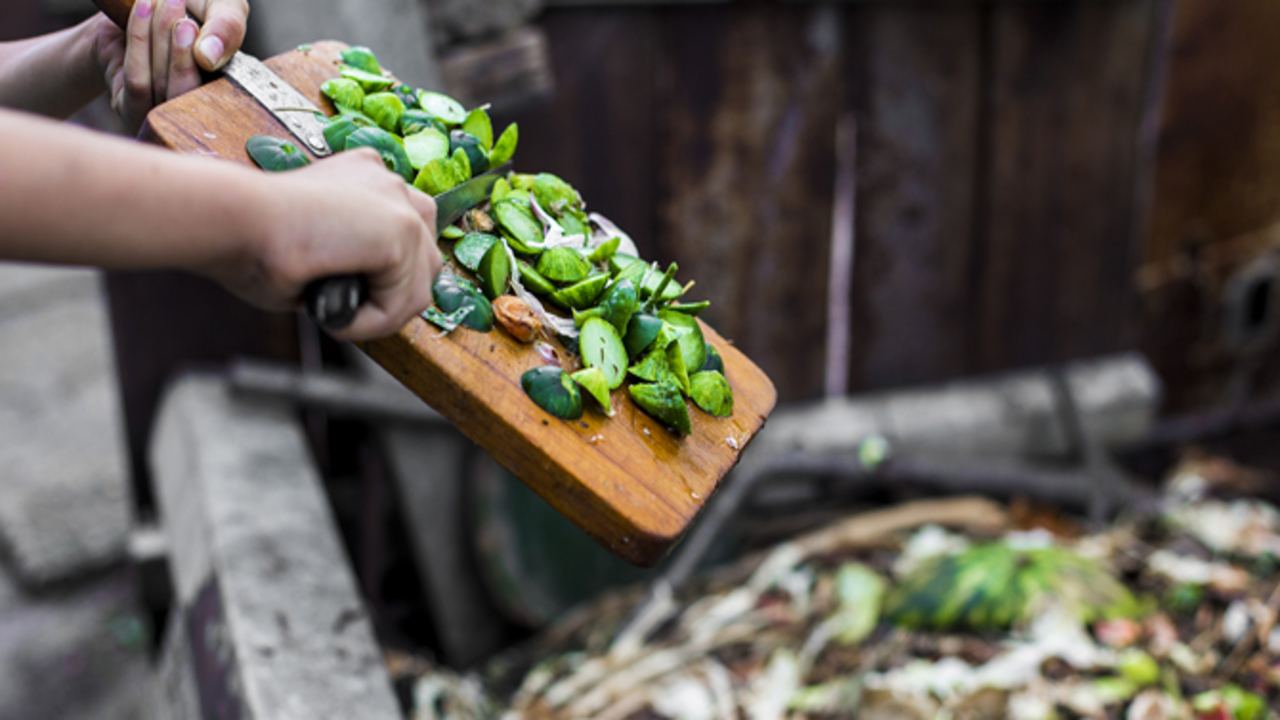
Another benefit of composting is that it can reduce the amount of waste that goes to landfills. Where it decomposes without oxygen and produces methane, a powerful greenhouse gas that contributes to global warming.
According to the Environmental Protection Agency (EPA), food waste is about 22% of municipal solid waste in the United States. By composting your food scraps and other organic materials at home. You can divert them from the landfill and reduce your ecological footprint.
3. Composting And Reduced Greenhouse Gas Emissions
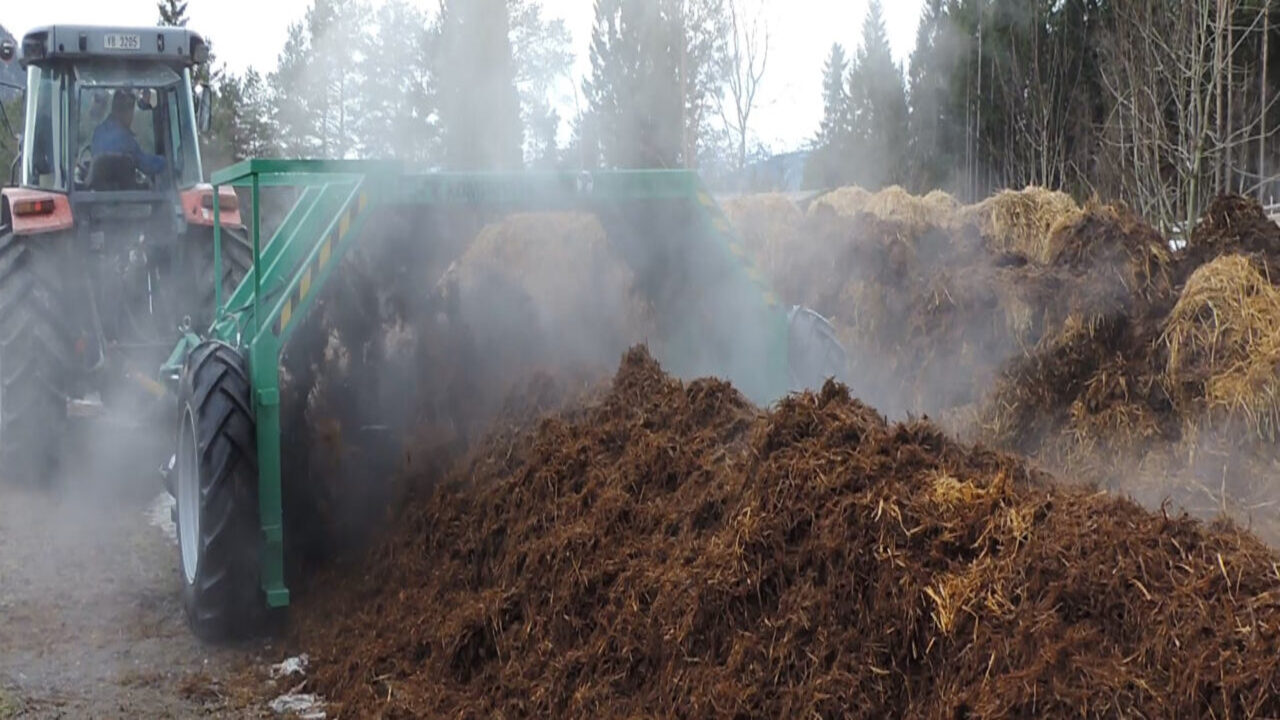
Composting reduces methane emissions from landfills and sequesters carbon in the soil, helping fight climate change. Compost can store carbon for years or even decades, depending on the type and quality of the organic matter and the soil conditions.
According to a study by Rodale Institute. Composting can offset up to 40% of global greenhouse gas emissions by enhancing soil carbon storage and reducing fossil fuel use.
4. Improving Plant Growth With Compost
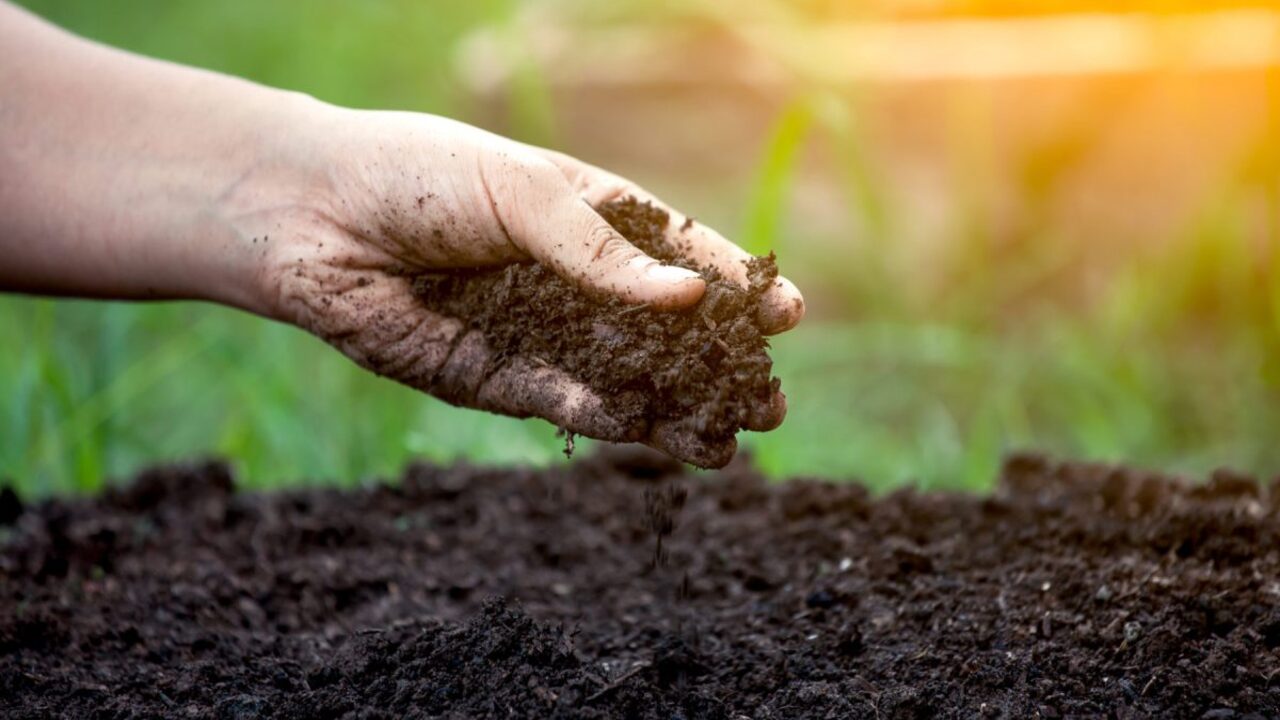
Compost can also improve plant growth by providing essential nutrients, improving soil structure and water retention, and suppressing diseases and pests.
Compost can also increase the biodiversity and resilience of the soil ecosystem, creating a more balanced and sustainable environment for plant life. Plants grown with compost tend to be healthier, stronger, and more productive than plants grown without compost.
5. Increasing Crop Yields With Compost
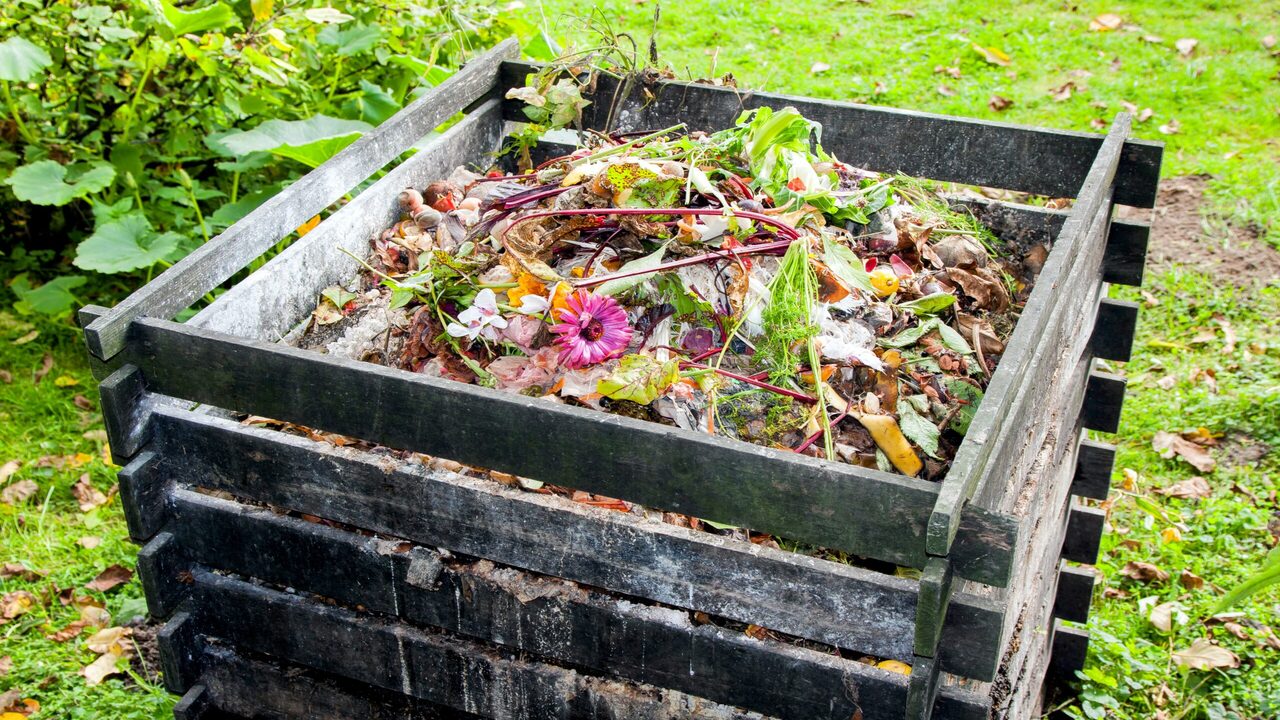
Compost can also increase crop yields by improving soil quality and plant health. Compost can also reduce the need for synthetic fertilizers and pesticides, which can negatively affect the environment and human health. According to a study by Cornell University, composting can increase crop yields by 10% to 30% by enhancing soil fertility, water availability, and disease resistance.
6. Diverting Organic Waste With Compost
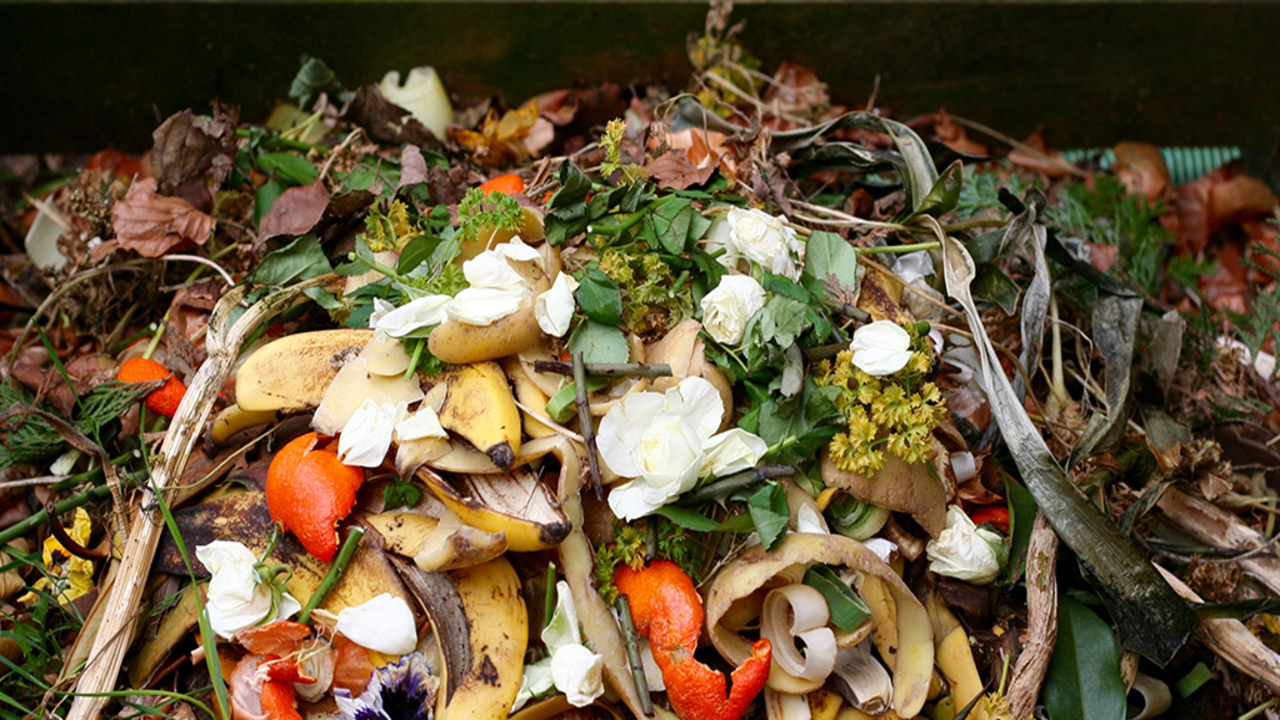
Composting can also divert organic waste from other disposal methods that may be harmful or inefficient. For example, incinerating organic waste can produce toxic emissions and ash that pollute the air and soil, while burying organic waste can contaminate groundwater and soil with leachate and pathogens.
Composting can also reduce the transportation costs and energy use associated with waste management by processing waste locally.
7. Saving Money On Fertilizers And Soil Amendments With Compost
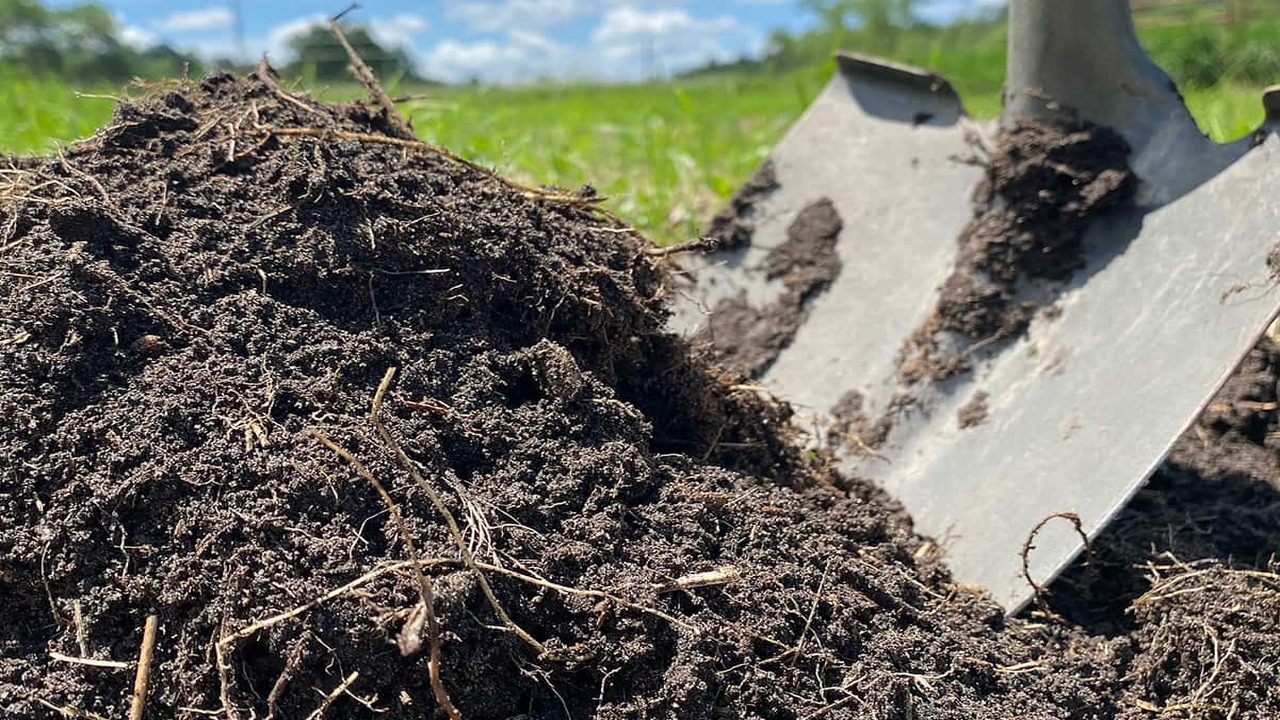
Composting can also save you money on fertilizers and soil amendments by providing an accessible and natural source of nutrients and organic matter for your garden. Compost can reduce water bills by improving soil moisture retention and reducing runoff. By composting at home, you can turn your waste into a valuable resource for your plants without spending extra money on commercial products.
Conclusion
The benefits of a compost bin are numerous and far-reaching. By diverting organic waste from landfills, composting helps to reduce greenhouse gas emissions and overall environmental impact. Composting can improve soil quality by increasing nutrient content and promoting healthy microbial activity.
This can lead to healthier plants and increased crop yields for gardeners and farmers. Composting can save money by reducing the need for expensive fertilizers and soil amendments.
Additionally, composting can be a fun and educational activity for families and individuals alike, as it provides a way to connect with the natural world and learn about the cycle of life. The benefits of compost are clear and compelling, making it a worthwhile investment for anyone looking to live a more sustainable and eco-friendly lifestyle.
FAQ’s
[rank_math_rich_snippet id=”s-b434dd32-113c-46e1-8b81-5dd525ea3e14″]

I am passionate about home engineering. I specialize in designing, installing, and maintaining heating, ventilation, and air conditioning systems. My goal is to help people stay comfortable in their homes all year long.

